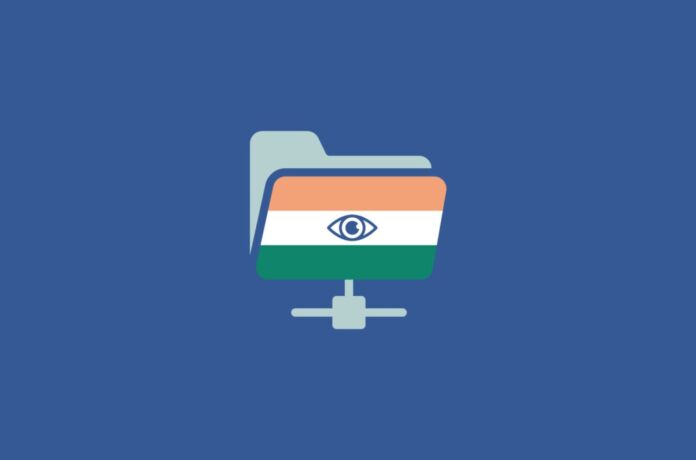Earlier in the year, the Indian government said it wanted all Virtual Private Network (VPN) providers to take and store users data for five years. Going into effect later this month, the new rule means VPN providers in India will record user data, such as email address, IP location, Personal Identifiable Information (PII), and more. According to the government, the move will ensure law enforcement agencies can combat cybercrime more effectively. However, the order has received plenty of criticism from consumers. It seems ExpressVPN agrees and is now removing its physical servers from India. In a blog post, the company slams the new rules, saying it is “overreaching and so broad as to open up the window for potential abuse.” “ExpressVPN refuses to participate in the Indian government’s attempts to limit internet freedom. As a company focused on protecting privacy and freedom of expression online, we will continue to fight to keep users connected to the open and free internet with privacy and security, no matter where they are located. We will never collect logs of user activity, including no logging of browsing history, traffic destination, data content, or DNS queries. We also never store connection logs, meaning no logs of IP addresses, outgoing VPN IP addresses, connection timestamps, or session durations”.
Virtual Support
While ExpressVPN is taking a stance (both morally and economically) against the Indian government, customers in the country will still be able to use the popular VPN provider. The company says it will provide virtual servers based in the UK and Singapore. ExpressVPN insists the switch from physical to virtual will have negligible impact on users. “Rest assured, our users will still be able to connect to VPN servers that will give them Indian IP addresses and allow them to access the internet as if they were located in India. These “virtual” India servers will instead be physically located in Singapore and the UK. In terms of the user experience, there is minimal difference. For anyone wanting to connect to an Indian server, simply select the VPN server location “India (via Singapore)” or “India (via UK).”” Tip of the day: File History is a Windows back up feature that saves each version of files in the Documents, Pictures, Videos, Desktop, and Offline OneDrive folders. Though its name implies a primary focus on version control, you can actually use it as a fully-fledged backup tool for your important documents.




